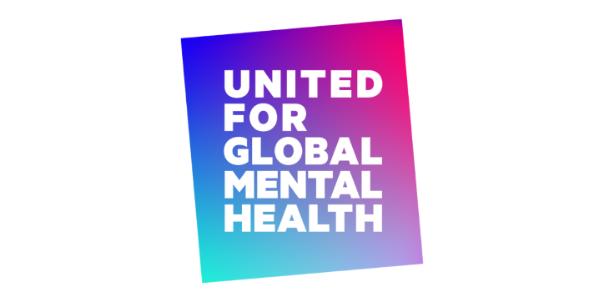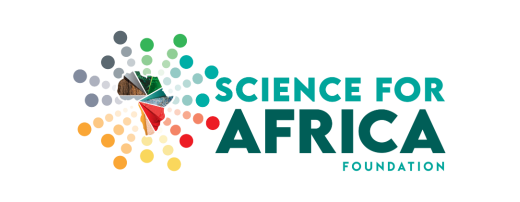
Guest Blog by Carolyn Culey, Data Advocacy Consultant, United for Global Mental Health.
This week, the World Data Forum is taking place in Hangzhou, China, bringing together global experts from government, civil society, academia, the media and beyond. The Forum includes several sessions related to innovation, nurturing inclusive partnerships, building trust and ethics in data and maximizing the use of data for better decision-making and sustainable development.
Although nothing on the agenda specifically focuses on mental health, ensuring the full integration of mental health data across broader health topics and themes is crucial. Following the COVID-19 pandemic, WHO noted a 25% increase in anxiety and depression worldwide, with young people particularly affected. The third Mental State of the World Report by Sapien Labs, based on a survey of over 400,000 people in 64 countries, confirms that young adults aged 18-24 are five times more likely to have mental health challenges than their grandparents’ generation.
“Good data is the starting point for good political and programmatic decisions. Without it, child, adolescent and youth mental health remains a largely unrecognized and unaddressed public health issue.”
Globally, it is estimated that 1 in 7 adolescents live with a mental disorder, and suicide is the fourth leading cause of death among 15-29 year-olds. Young people facing mental health challenges are vulnerable to various issues such as social exclusion, discrimination, stigma, and physical health problems. It is crucial to prioritize their mental health to ensure their wellbeing in adolescence and adulthood.
In many low- and-middle income countries (LMICs), a lack of reliable data and evidence on young people’s mental health and wellbeing worsens the problem. Studies suggest that only 6% of mental disorder prevalence data covers young people. Good data is the starting point for good political and programmatic decisions. Without it, child, adolescent and youth mental health remains a largely unrecognized and unaddressed public health issue.
In response, Being — an international mental health initiative — will fund research and innovative youth-focused approaches to help improve the mental wellbeing of young people aged 10 to 24 in LMICs.
Being is focusing on 13 priority countries worldwide and is taking a data and evidence-based approach to understand gaps and opportunities and to promote the exchange of new data. The goal? To help influence lasting change in programming, research and policies related to young people’s mental health and wellbeing. As an initial step, Being’s partners are conducting a landscape analysis, compiling available data and evidence in each priority country, and engaging in stakeholder consultations and consensus-building with young people to identify priority research and funding needs for their mental wellbeing.
Being and its partners plan to share their initial data and evidence on the important but overlooked issue of young people’s mental health at the next World Data Forum, tentatively scheduled in Colombia at the end of 2024.
Being is hosted by Grand Challenges Canada, in partnership with Fondation Botnar, United for Global Mental Health, Global Affairs Canada, and The UK’s Department of Health and Social Care using UK aid through the National Institute for Health and Care Research. The initiative is also informed by a Council and Youth and Lived Experience Advisors.





